Senate considers bill that would trim long DMV lines
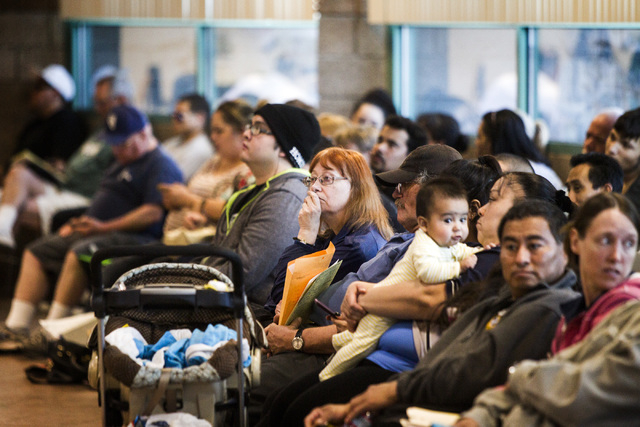
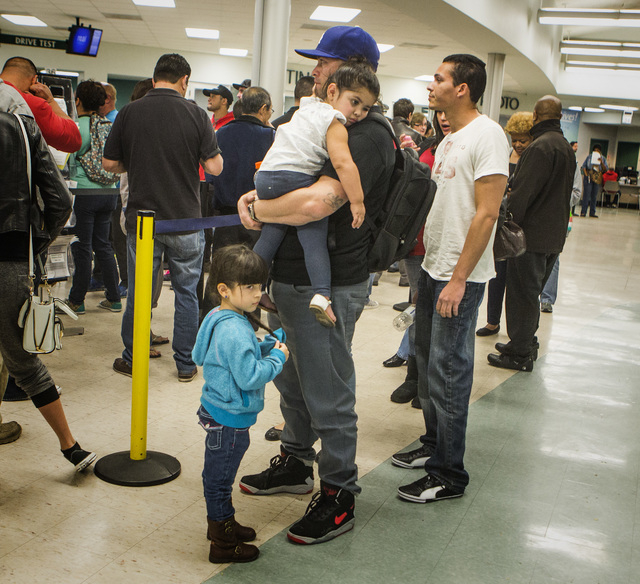
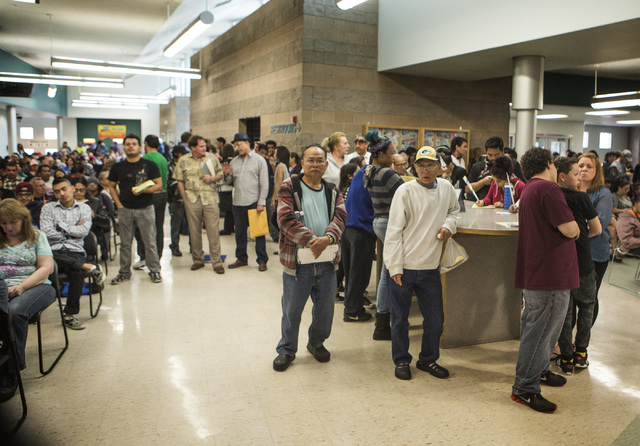
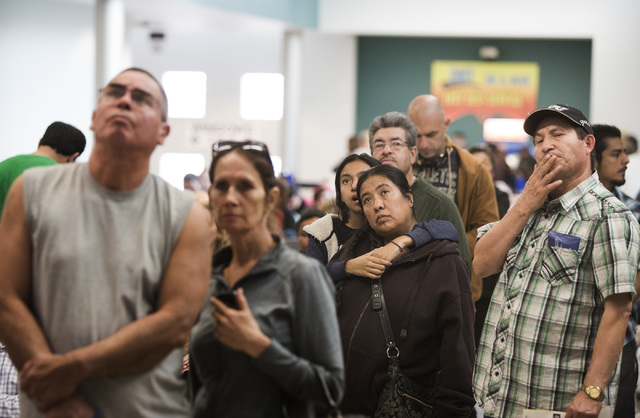

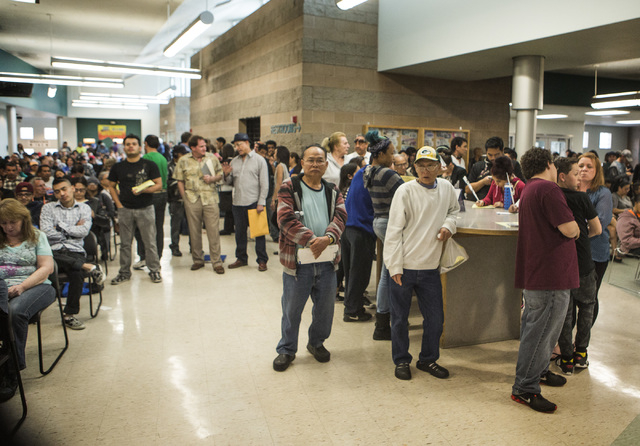
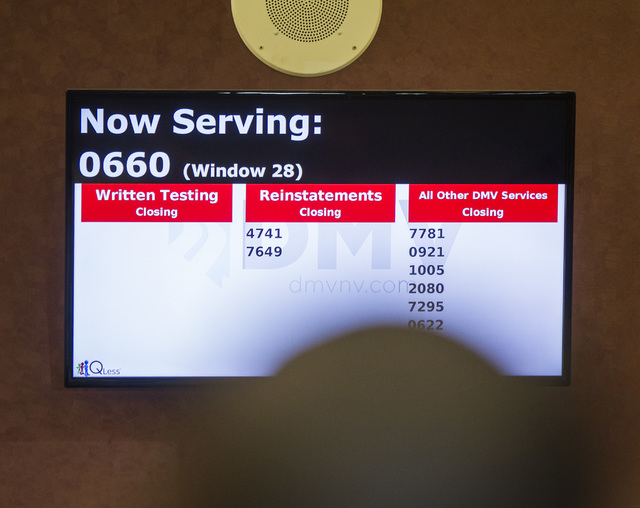
CARSON CITY — A legislative money committee was told Wednesday that the Department of Motor Vehicles budgets under consideration this session include funding for 75 new positions to staff all windows in the urban Las Vegas offices to reduce long wait times.
The proposals also include the initial funding needed to build a new $109 million computer system that is expected to greatly improve efficiencies when it begins operation in about five years.
The Finance Committee heard some details of the proposals but took no final action.
Senate Majority Leader Michael Roberson, R-Henderson, a member of the panel, asked Troy Dillard, director of the department, what his agency needs to fix the problem with the long lines.
Dillard said the two budget items will address both the immediate need to reduce long lines at DMV offices and allow for a long-term fix that will improve transaction times by 30 percent.
The agency would be able to hire the new employees beginning July 1 and they would be able to begin work by September, he said.
Real ID, driver authorization cards and a growing economy have all contributed to a big increase in customers at DMV offices that often lead to wait times of five hours or more.
The growth in DMV customers is especially acute in Southern Nevada. Customer counts at the four Las Vegas metropolitan offices increased from 1.43 million in 2013 to 1.73 million in 2014, a 28 percent increase.
Contact Sean Whaley at swhaley@reviewjournal.com or 775-687-3900. Find him on Twitter: @seanw801

RELATED STORIES
Nevada ‘tough-on-crime’ bills could force Jean prison to reopen
Reno Assemblyman Randy Kirner loses cop association support
NLV mayor backs bankruptcy power for cities, counties
Nevada Senate approves minimum wage increase bill
Nevada legislators urged to restart cloud seeding amid drought
Bill to boost maximum speed limit to 80 mph advances
See all of our coverage: 2015 Nevada Legislature.
Related
Air Force vet has had enough with DMV frustrations
Nevada DMV seeks weapons — just in case
DMV’s Dash Pass system getting mixed reviews
New systems create frustrations for all at DMV












